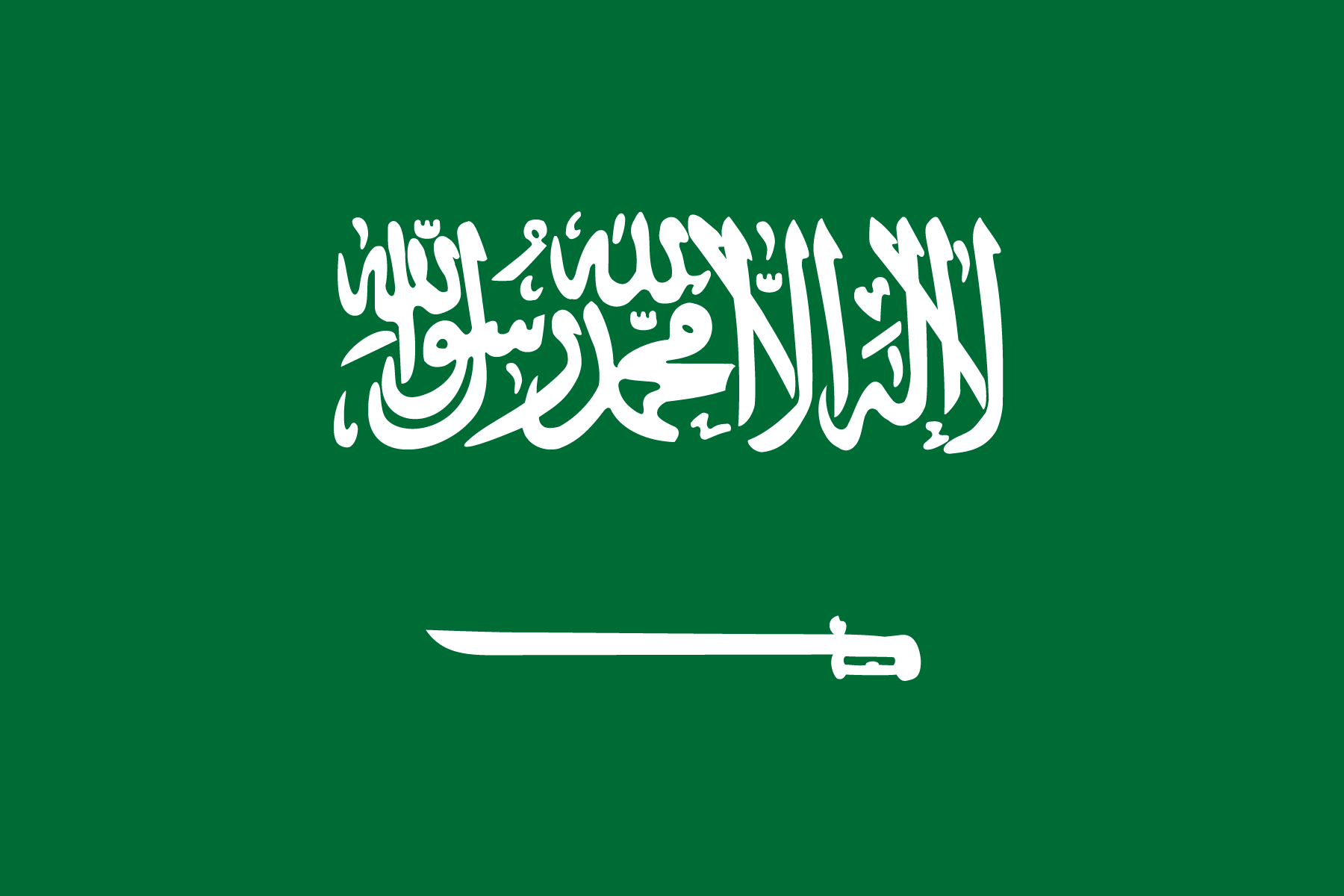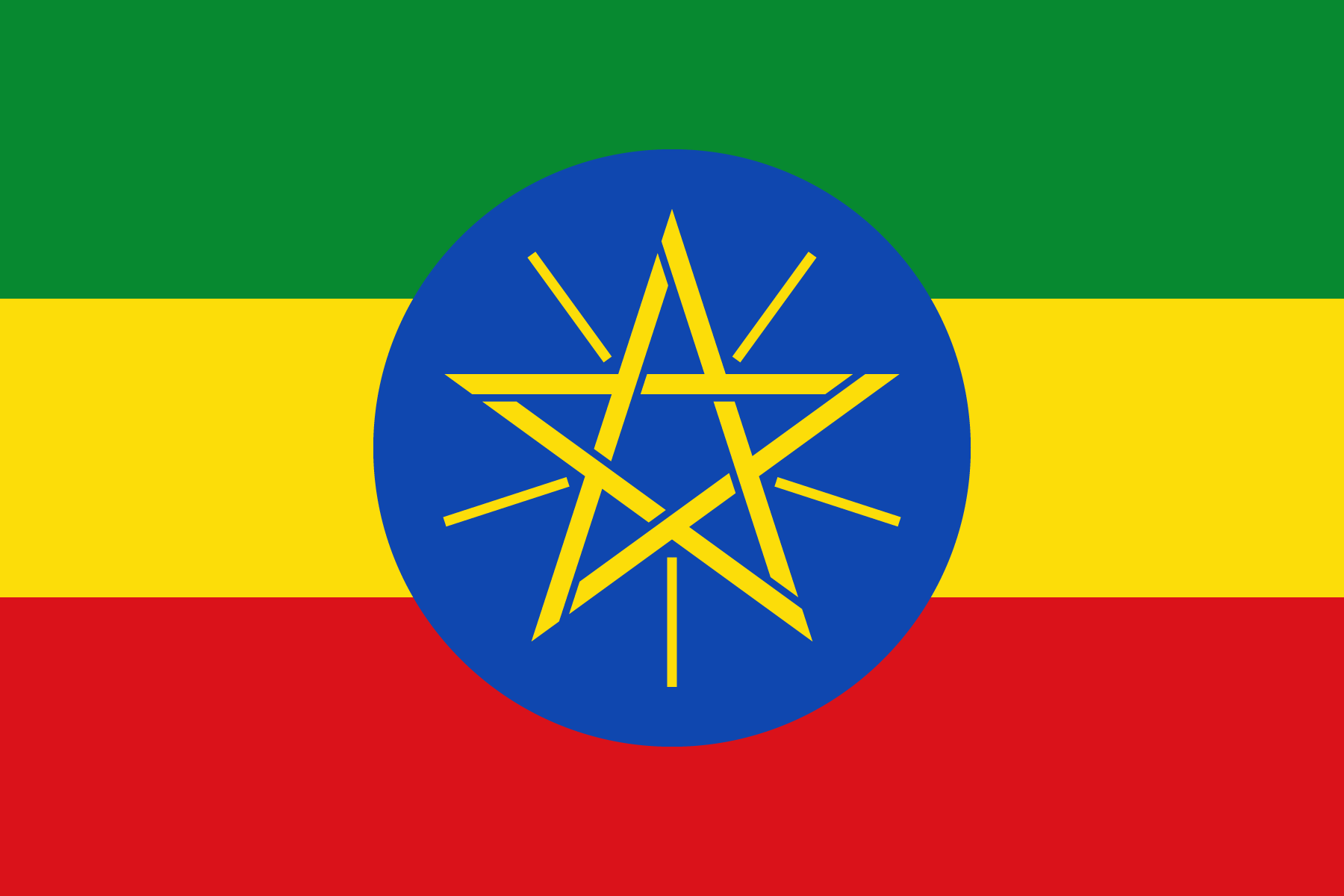Fawzia Koofi, the first female deputy speaker in Afghanistan’s parliament, opened an urgent debate held by the Human Rights Council on 1 July. She echoed strongly the demands of the women of Afghanistan to the international community: go beyond words and take action.
A press statement by Afghan women protestors put forward this important message for States at the Human Rights Council: “the human rights situation in Afghanistan is dire and requires much more than statements of condemnation. The urgent debate must be followed by impactful action.”
Today, the Council adopted a resolution that will assist in ensuring that the rights of women and girls in Afghanistan remain high on its agenda, as well as providing a further opportunity in September for women human rights defenders, women political leaders, as well as victims and survivors, to address the international community.
The urgent debate was held in response to recent decrees by the Taliban in Afghanistan, which amount to discrimination and exclusion of women and girls so severe that the situation is described by women’s rights activists as gender apartheid. Women and girls are systematically denied the rights to equality, education, healthcare, work and public participation, as well as freedom of movement, expression and association, among others.
“The urgent debate on Afghanistan was an important, timely response and provided a powerful platform for women human rights defenders and women political leaders to articulate their experiences as well as their demands and expectations of the international community,” said Pooja Patel, Programme Director at ISHR.
Despite calls from civil society organisations and the former chair of the Afghanistan Independent Human Rights Commission, Shaharzad Akbar, the resolution falls short of establishing a mechanism to provide accountability for grave and systematic human rights violations against women and girls, or to identify and address their root causes.
“The Council should honour the calls of Afghan women – in the country and the diaspora – to address this accountability deficit when Afghanistan returns to the agenda in September,” added Patel.
Consistent with Afghanistan’s commitments under international law, together with the Taliban’s promises to the international community, ISHR calls on the de facto authorities to immediately reinstate the Afghanistan Independent Human Rights Commission and to respect their obligations under the Convention on the Elimination of Discrimination against Women and the Convention on the Rights of the Child, among others.
ISHR further calls for targeted sanctions against senior Taliban officials, including travel bans, to complement the diplomatic pressure exerted by the Human Rights Council and the High Commissioner.
In the words of Fawzia Koofi, the current situation faced by women and girls in Afghanistan “is not normal”. The Council has a responsibility to ensure that the discrimination and exclusion of Afghan women and girls is not normalised and that perpetrators of violations against them are held accountable.




